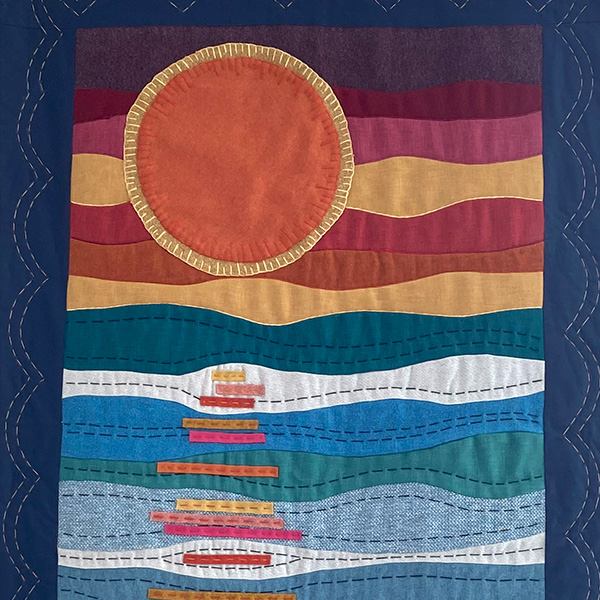One of the perks (gifts!) of serving as a pastor at a college church like Pillar is the vicarious nature of life with students. There is an exquisite privilege in watching them grow up in all things into Christ our Lord: forming friendships, building Christian character, discovering the adventure of “faith seeking understanding,” and even becoming captivated by Christ along the way.
In a recent meeting, I enjoyed hearing about a Hope student’s diverse range of classes: Introduction to Old Testament, Human Physiology, Beginning Tennis, and Physics. It illustrates, in part, the college’s stated commitment to the liberal arts, which I’ve heard called the last, best hope for Christian higher education.
A theme that surfaced as we were discussing his coursework is that of origins (i.e., where do we come from?) and end (i.e., where are we heading?), and the respective responses given by different disciplines. My friend was working through the place of his Christian convictions alongside plans to attend PA school. In his wondering, I sensed a conflict between (personal) faith and (public) facts.
Such a division of knowledge—like that we see between the humanities and the sciences, for example—has long been the cultural air we breathe. There is a need, then, for a kind of training or conditioning to rediscover the way that integrates, rather than divides into endless specializations.
That is, as C.S. Lewis said, the “clean, sea breeze of the centuries” found in the Christian tradition. It is the way in which we honor Christ’s command, “to love the Lord your God with all your mind.”
In light of this, we see that science alone cannot answer the question of origins and end. Once the natural scientist ventures into that territory, argues Duke theologian Kavin Rowe, “they have stepped out of the role of scientist and into the role of mythmaker or priest or prophet or adherents of a religion. They speak not as proponents of a scientific theory but as simple individuals offering their personal preferences about things that in principle lie beyond scientific knowledge. [Christian theology], by stark contrast, does answer the questions of origins and end, and thus, as it turns out, of purpose in the present and hope for the future.” (Rowe, 12)
Theology in Christian liberal arts is the “queen of the sciences.” It is where we must turn to learn to think and live Christianly. It is uniquely suited to locate the remarkable discoveries of modern science, and point them to a proper telos: that is, a goal or purpose. Crucial to theology, of course, is its narrative shape. Which is to say, in order to think theologically and live Christianly—no matter the discipline—we must go back to our Bibles.
The Bible is the story of God, and thus, theologically speaking, is the story of everything. In the beginning, there is God, and then there is all that God made: light and darkness; land and sea; the sun, the moon, and the stars set in place; waters swarming, birds soaring, creatures appearing in all kinds, shapes and sizes. Creation, said Calvin, is the “theater of God’s glory.”
And God made us—you and me—creatures to image the Creator. This reflects our origins, to have dominion and exercise stewardship in the world charged with the grandeur of God. It also reveals our end/goal/purpose, to “glorify God and enjoy him forever.” The consequences of sin and disobedience, of course, disrupt and distort God’s design for our origins and end—“sin’s stealing pace and theft” (George Herbert). And yet, it is the apostle Paul’s theme time and again, that “in Christ God was reconciling the world to himself, not counting their trespasses against them” (2 Cor. 5:19). Jesus Christ therefore is the key: he restores in us God’s image, gives us purpose in the present, and offers hope for the future.
Which brings us back to my friend hoping to attend PA school, pursuing his calling in view of an intellectual climate that stacks the deck. The next time we meet again, I think I will bring these lines from the priest-poet Malcolm Guite, as a way to urge him onward:
‘With all your mind’, with every gift I gave you,
For every drop of truth is drawn from me.
Not that your mind itself will ever save you,
But that it lives within my mystery.
Ask and be answered, seek and you will find
I am the life of every loving mind.

